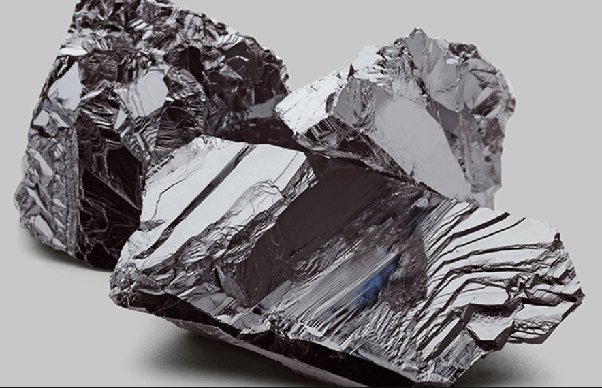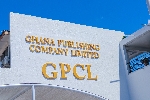Ghana Manganese Company to increase production to 8 million tonnes/year when new $450m refinery comes on board
 GMC will rely on gas from Atuabo, with Genser Energy providing the necessary power through a gas plant
GMC will rely on gas from Atuabo, with Genser Energy providing the necessary power through a gas plant
The Ghana Manganese Company (GMC) is beginning the construction of a new manganese refinery in November 2024.
The project, aimed at upgrading the current low-grade carbonate manganese into a higher-value product, is part of a $450 million investment, with the first phase expected to cost $240 million.
This initial phase, projected to be completed within 24 months, will include the construction of a 45MW natural gas power plant and a mechanical power transmission refinery.
The project will also involve significant logistical investments, such as a dedicated mineral railway line and enhancements at the Port of Takoradi to support future export operations.
Speaking to journalists during a tour organised by the Ghana Chamber of Mines, GMC’s General Manager, Mr Joseph Ampong, confirmed that the Ghanaian government, which holds a 10% stake in the company, would officially launch the construction in early October.
He added that the refinery would create over 1,000 direct jobs and significantly boost the company's revenue once completed.
GMC plans to increase manganese production to 8 million tonnes per year, with about 5 million tonnes refined locally.
Power supply challenges have previously delayed the refinery’s construction.
Mr Ampong cited the lack of reliable power as the primary obstacle, noting that the project requires 45,000 megawatts.
He said without adequate power, the refinery could not be set up the refinery to add value to the ore.
GMC will rely on gas from Atuabo, with Genser Energy providing the necessary power through a gas plant.
The refinery is expected to bring substantial economic benefits by increasing the value of Ghana’s manganese exports, improving foreign exchange inflows, and creating job opportunities.
Currently, GMC’s manganese is sold at a grade of 26.5%, but refining it will increase the grade to 40% and above, resulting in higher market prices.
Mr Ampong also noted the potential for the refinery to contribute to the development of a local steel industry, though GMC itself is not planning to establish one.
He highlighted the growing global demand for manganese, particularly in the steel industry, which consumes 75% of the world’s manganese.
Other sectors, such as batteries and fertilisers, account for 20% and 5% of demand, respectively.
Trending Business

GRA/Truedare contract sparks outrage over potential system duplication
10:23
Sammy Gyamfi: GoldBod made nearly GHS1 billion surplus
01:05
Apostle Samuel Oduro calls for support to scale up local Apple production
21:04
GRA announces major VAT reforms under new Value Added Tax Act
03:44
Ketu North MP launches skill and apprenticeship programme for 207 youth
01:22
NPA reaffirms commitment to energy safety and sustainability
02:46
‘Make Africa borderless now!’ campaign to be launched in Accra
01:08
AngloGold Ashanti's Obuasi Mine and Ashanti Green Initiative launch new chapter in community empowerment
19:26
Government pledges support for Gomoa Central Special Economic Zone
18:35
24hr economy policy inspires remarkable GPCL turnaround
17:24




